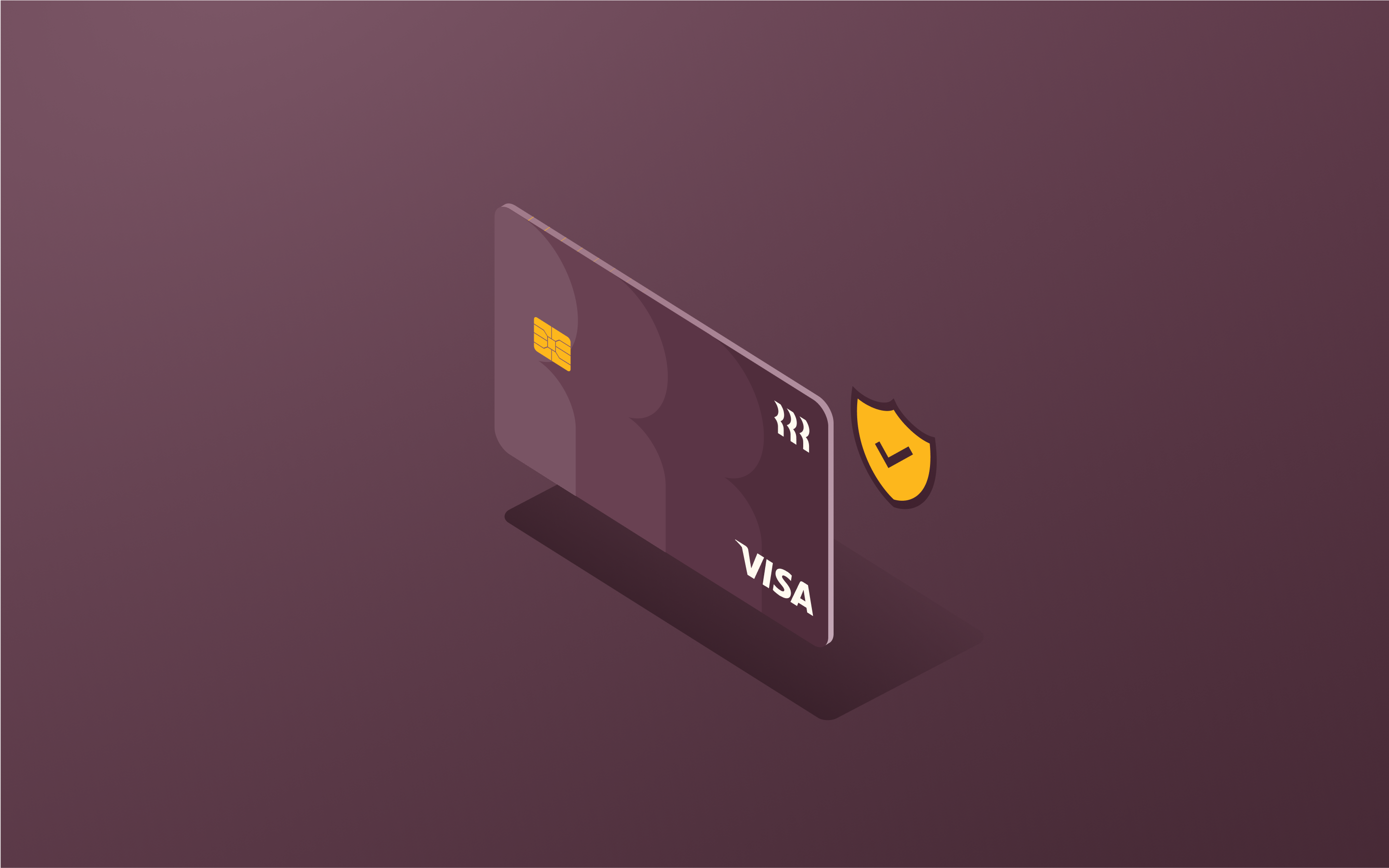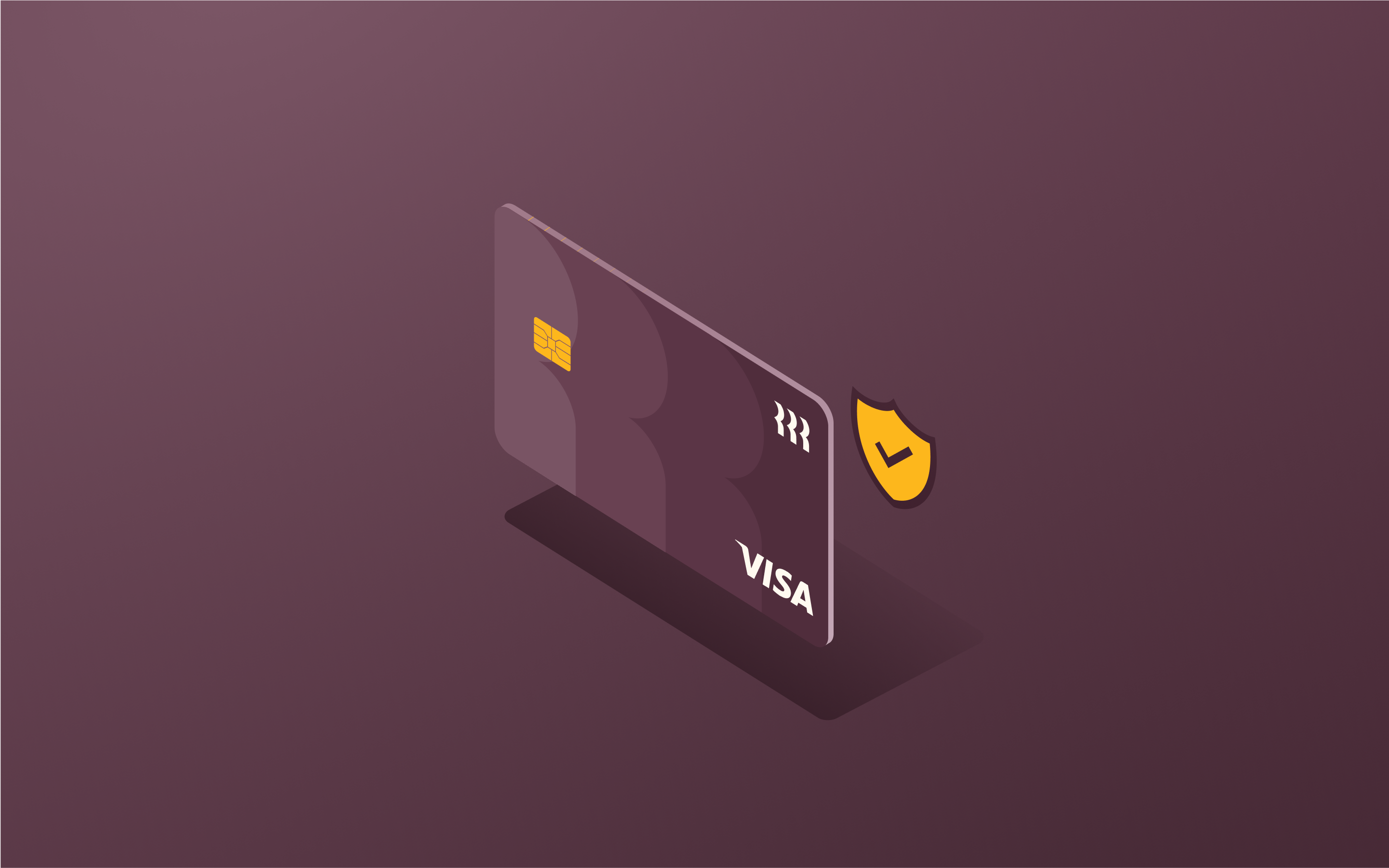Top 4 easiest business credit cards to get in 2025

Opening a business credit card is often one of the first big financial moves your company makes, and it can set the foundation for building business credit, managing expenses, and unlocking new growth opportunities. With the right card, you can start tracking company spending, build credit, and unlock new opportunities—even if you’re deciding between easy approval business credit cards that don't require years of financial history.
In this article, we’ll walk through eight of the best corporate cards and easy-to-get business credit cards that can help you move faster, spend smarter, and build the financial track record your business needs to grow. You’ll find options designed for startups, side hustles, and growing companies that need business credit cards for new business needs.
If you’re wondering how to get business credit card access without putting your personal credit at risk, or just looking for the easiest cards to get approved for, we’ve got practical, easy business credit cards built for real-world goals.
Factors that make a business credit card easy to obtain
Getting a business credit card can feel like a challenge, especially if you’re new to business finance. Lenders design certain cards with new businesses and first-time founders in mind, making approval more straightforward if you meet a few basic requirements. Knowing what features to look for can save you time and help you avoid cards that aren’t the right fit, yet.
Low credit score requirements
Some business credit cards cater to owners who don’t have perfect credit. If your credit score is only fair or still a work in progress, picking a card with lower requirements may make it easier to get approved.
Business-friendly approval requirements
Many business credit cards will work with businesses still building a financial foundation by looking at basic business information, like estimated revenue and expenses, rather than your overall track record. The tradeoff? Cards with easier approval typically come with fewer rewards, lower credit limits, and higher variable APRs.
Fast online application process
An easy account opening process often signals that lenders designed a card for newer or smaller businesses. Some card issuers offer fast online applications with minimal paperwork. Some even give instant approvals after a simple credit check.
No annual fee
Business credit cards with no annual fee often have more relaxed approval requirements compared to corporate cards. If you’re just looking for a basic card to cover expenses and build business credit, starting with a no-fee option can make approval easier and cheaper to maintain.
Business credit cards vs. corporate charge cards
It’s easy to confuse business credit cards versus corporate charge cards, but they’re not quite the same thing. While they’re both used to pay for company expenses, they have different features, restrictions, and use cases. Understanding these distinctions can help you choose the right tool for how your business operates.
Payment requirements
With a business credit card, you can carry a balance from month to month if you need to, though you’ll likely pay a variable APR on any unpaid amount. Corporate charge cards, on the other hand, typically require you to pay off the full balance every billing cycle. There’s no option to build debt over time, which can help your business stay disciplined. Corporate cards sometimes offer flexible repayment, but this depends on the card issuer and company agreement.
Liability & personal guarantee
Most business credit cards require a personal guarantee, which means you’re personally on the hook for business debts if the company can’t pay. Corporate charge cards, on the other hand, may not ask for this. Instead, the company itself is typically responsible for paying the balance, which is why you need strong business financials to qualify.
Credit limits vs. spending controls
A business credit card generally comes with a strict credit limit based on your personal and business credit history. Corporate cards, on the other hand, usually offer dynamic spending limits based on company revenue and cash flow, with built-in spending controls that allow businesses to set custom limits for employees and departments.
Eligibility & target users
Business and credit cards are available to a wide range of applicants, including sole proprietors, startups, and small businesses. Corporate cards, however, are typically reserved for established businesses with strong financial track records, higher expenses, and established business histories. Approval often hinges on your business’s revenue, payroll size, and spending volume, rather than a credit check.
4 easiest business credit cards to get approved for
If you’re looking for a business credit card that won’t ask you to jump through too many hoops to qualify, the options below offer accessible approval standards, together with flexible, business-friendly terms and even rewards.
1. Capital One Spark Classic for Business
The Capital One Spark Classic for Business is designed for owners with fair credit scores, which means it’s easier to qualify for than most other business cards. You’ll earn unlimited 1% cash back on every purchase, and there’s no annual fee.
2. Chase Ink Business Cash
The Chase Ink Business Cash card offers up to 5% cash back on select categories of business expenses, like office supplies and internet services. It charges no annual fee and provides a welcome bonus for new cardholders.
Approval generally requires good to excellent credit, but Chase doesn’t ask for a personal guarantee.
3. American Express Blue Business Cash Card
The American Express Blue Business Cash Card offers 2% cash back on eligible purchases up to $50,000 per year, then 1% after that. It has no annual fee and flexible spending capacity based on your account use and payment history. If your business has higher annual spending needs, the cashback cap might limit the card’s value.
4. Capital on Tap Business Credit Card
If your business has annual revenue of at least $30,000, the Capital on Tap Business Credit Card may be an option for you. It offers 1.5% cash back on purchases and a streamlined application process. Credit limits may be lower compared to those a traditional bank can offer, however, and you’ll need to provide a personal guarantee.
Tips to improve your chances of getting approved
Getting approved for a business credit card isn’t guaranteed, especially if you’ve just set up shop or are in the process of rebuilding your personal credit history. Below are a few practical steps you can take to boost your chances.
1. Build business credit first
If you haven’t already, start working on your business credit history. Opening accounts with vendors, paying bills on time, and getting listed with credit bureaus can help you build a track record that lenders want to see.
2. Separate business and personal finances
Keeping your business and personal money separate shows lenders that you’re serious about business finances. Open a business bank account and use it for all company-related expenses. It not only makes you look more professional, it may be required by some lenders as part of the account opening process.
3. Check your credit report for errors
Before submitting an application, take a good look at your personal and business credit history. Mistakes can drag down your credit score and hurt your approval odds. If you find something amiss, report it immediately. Corrections can take time.
4. Consider a secured business credit card
If you’re worried about qualifying, a secured business credit card may be a smart first step. You’ll need to put down a security deposit, but it gives you a way to build business credit and show lenders that you’re a low-risk borrower.
Capital One typically checks your personal credit as part of the application process and does require a personal guarantee. You’ll pay a variable APR of 29.74%.
Secured vs. unsecured vs. corporate business credit cards
There are a few different types of business credit cards, each with its own requirements, perks, and best practices. Understanding the difference can make it easier to choose the best card for your situation.
Secured business credit cards
A secured business card, as the name implies, is backed by a security deposit that matches your credit limit. Typically easier to qualify for, they’re a good fit if you’re just starting out and still building your personal or business credit history.
Unsecured business credit cards
Unsecured business credit cards don’t require a security deposit, but you’ll typically need good to excellent credit in order to qualify. These cards often come with additional perks, like cash back, statement credits, and travel perks that can help you move your business forward.
Corporate business credit cards
Designed for bigger, more established businesses, corporate business credit cards are generally available only once you have high levels of recurring revenue. Instead of checking your personal credit history, card issuers focus on your business’s financials and how you handle expense management.
Requirements to get a business credit card
Getting a business credit card usually means sharing both business and personal financial details with card issuers. Lenders want to understand who they’re trusting with their credit and feel confident that your company can handle repayment. Here’s what you’ll usually need to provide:
- Personal information: Basic details like your full name, address, and Social Security number (SSN).
- Personal financial information: Your income, your credit score, and your credit history help lenders decide whether you can personally back the card if needed.
- Business information: This includes your business name, Employer Identification Number (EIN), address, industry type, and whether you’re a sole proprietor, LLC, or another setup.
- Business financial information: Lenders typically ask about your company’s revenue, how long you’ve been operating, and a rough idea of your monthly expenses.
Introducing Rippling’s corporate card
Most corporate cards are siloed from the rest of a company’s employee data. Rippling’s corporate card solution, by contrast, tightly integrates with the rest of your workforce management processes, allowing for automations that save significant time on tedious administrative work.
A corporate charge card rather than a traditional credit card, the Rippling card is also a great option for businesses that want granular oversight on employee spending while managing cash flow through centralized controls. Rather than relying on a traditional credit check or personal guarantee, Rippling bases card access on real-time insights into your company’s payroll or cash flow, along with other business factors.
Because balances don’t roll over and are due in full at cycle-close, the Rippling corporate charge card is a good choice for businesses that prioritize spend control and want to avoid revolving debt.
Looking for even more spending oversight? With Rippling’s spend management software, you get comprehensive, automated expense management, removing hours of tedious, administrative work from your corporate credit expense management processes and gaining unprecedented control over spend.
Easiest business credit card to get FAQs
Can I use my EIN to get a credit card?
You can use your EIN to get a business credit card, but most applications will still require a personal guarantee, and lenders typically check your personal credit history along with your business details. Some corporate cards may allow you to qualify based on business income instead of a credit check, but if you’re hoping to skip the personal credit pull completely, you’ll need strong business finances.
Can my LLC get a credit card?
Yes, your LLC can apply for a business credit card. Whether or not you’ll need to provide a personal guarantee, however, depends on your card issuer’s policy. For a new company, the issuer will typically look at both your LLC’s business credit history and your personal credit history. Even if you need to provide a personal guarantee, getting a business credit card can help you build a record of responsible use, which can help you negotiate better terms later. Just be ready to share details like your EIN and basic financial information during the account opening process.
Do business credit cards report to personal credit?
Some business cards report to personal credit, but many do not. Whether or not business activity shows up on your personal credit report depends on the credit card issuers. Cards that require a personal guarantee typically report missed payments on credit history, which means it’s critical for sole proprietors and startup founders to check a card’s reporting policy if protecting credit scores is a priority.
This blog is based on information available to Rippling as of May 5, 2025.
Disclaimer: Rippling and its affiliates do not provide tax, accounting, or legal advice. This material has been prepared for informational purposes only, and is not intended to provide or be relied on for tax, accounting, or legal advice. You should consult your own tax, accounting, and legal advisors before engaging in any related activities or transactions.










